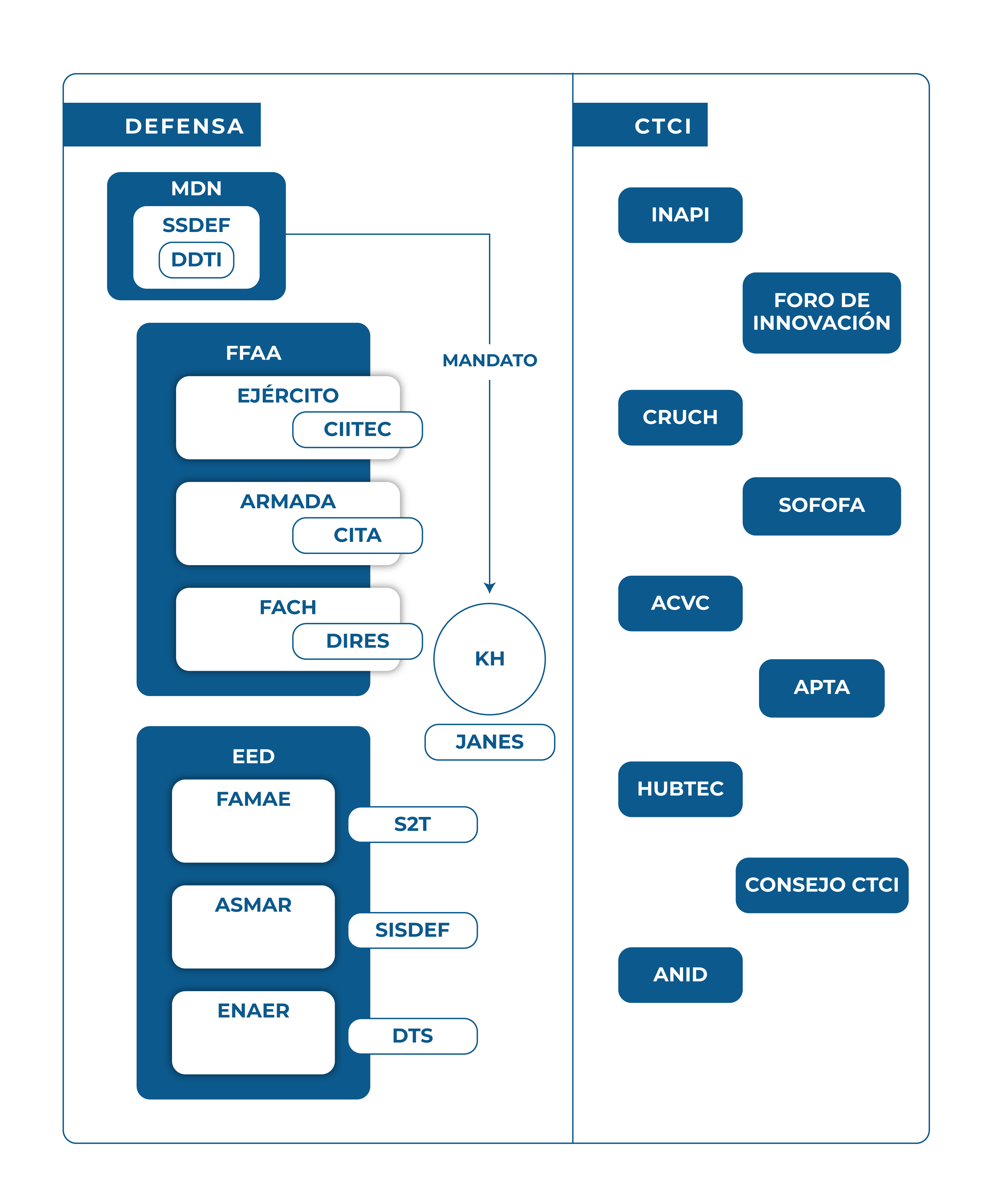
Elementum has developed a technology for the revaluation of plastic waste by converting it into liquid or gaseous fuels through the installation of portable equipment. This technology increases recycling capacity, as it makes use of plastics that may be separated, mixed, clean, or dirty. On average, about 5.3 liters of water are used in plastic revaluation processes, but this technology does not use water, leaving no water footprint. It also reduces costs for institutions that must comply with the Extended Producer Responsibility (EPR) Law, enacted in 2016.
The management of single-use plastic waste is a worldwide issue. Global production of these plastics reaches 8.3 billion tons, and Chile contributes almost 1 million tons of waste per year. As only 8% of the total amount of plastics in the country is recycled, tons of waste have given rise to an island of plastic near the northern coast, which was 3 times the size of mainland Chile by 2019.
Elementum is a portable and easy-to-use modular device that, through a highly efficient thermochemical process (up to 75%), recovers and turns plastic waste into liquid and/or gaseous fuels. It can process various classifications of plastics, both separately and in mixtures, such as polypropylene (PP), high/low density polyethylene (HDPE/LDPE), and polystyrene (PS).
Patent Pending Technology (PCT/CL2020/050074) claiming to provide a system for obtaining liquid fuel from waste plastics or polymeric material through an efficient process.
Two potential business models:
90% reduction of gas emissions compared to other thermochemical systems.
No water is used, leaving no water footprint.
Óscar Astudillo | Innovation Coordinator

Lorem ipsum dolor sit amet, consectetur adipiscing elit. Suspendisse commodo porttitor libero, sed tristique mi mattis et. Mauris sit amet vehicula lectus. Etiam consequat fermentum dictum. Integer ullamcorper odio eget lorem porta venenatis. Nullam ut tortor tellus. Quisque in congue dui. Sed imperdiet urna id turpis tincidunt gravida a a turpis. Sed iaculis dui a urna dictum dictum. Pellentesque vel tellus sed urna egestas rutrum. Sed aliquet leo dictum pretium dapibus. Nam quis condimentum dui, sagittis fringilla felis. Interdum et malesuada fames ac ante ipsum primis in faucibus. Vivamus lobortis enim a velit ultricies semper.